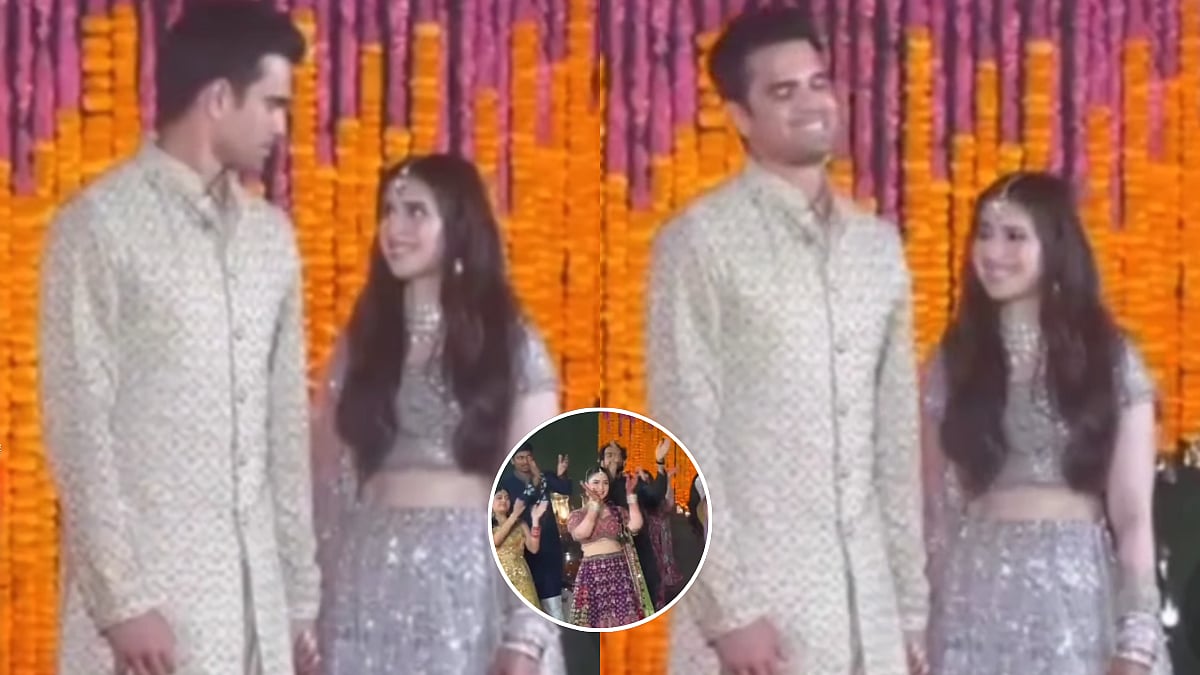You will recall the shrill criticism when last year in a special session Parliament passed the Women’s Reservation Bill. Foremost among the critics was the Congress party. It accused the ruling party of indulging in a gimmick, asking pointedly why these reservations could not be implemented straightaway, instead of, as proposed, at the end of the delimitation process due to begin in 2026. Indeed, some critics were enraged that the Bill proposed only 33% reservations in seats in Parliament and state legislatures whereas women constituted nearly half of the 97 crore voters. As usual, critics were playing to the gallery. The on-going nomination process for the Lok Sabha poll has once again exposed the hypocrisy of the political parties which had sounded so eloquent in championing the women’s cause. Historically, women have had a raw deal, the scant representation in Parliament and state legislatures and all other walks of life did little justice to their numerical strength. The valiant fight waged by women activists over the years has resulted in women representation rising incrementally in all walks of life. In various professions it is gratifying to see women making a mark. Whether it is in law, accountancy, education, management, high-tech, media, et al women are not far behind than their male counterparts, though a lot of ground is yet to be covered to reach near-parity with their male counterparts in managerial positions. In fact, women are still lagging in occupying a leadership role in various professions. However, an equitable and fair representation in the law-making chambers at the federal and provincial level may hold the key for women’s concerns to duly inform policy-making and governance. Even if some people might accuse the few women that are there in various central and state legislatures of playing a secondary role to male politicians but their very presence spurs ordinary women across the country to consider a foray in what hitherto had been a male-dominated profession.
Ironically, while denying adequate nomination to women to contest polls, all parties have sought to woo them with promises of special schemes, monthly and annual stipends, job reservations, etc. Two years ago, in the Assembly election in Punjab one of the main factors for the landslide win of the Aam Aadmi Party was the promise of Rs.1,000 in cash per month to every woman 18 years or above. The promise is yet to be fulfilled but AAP has lagged behind even in giving tickets to women for the on-going Lok Sabha poll. In its current programme Congress party has promised Rs 1 lakh in women’s bank accounts and 50% reservations in all central government jobs. Of course, the promise is bound to remain on paper, even if by a remotest possible chance the Congress were to find itself in power later this year. Though all parties are far from reaching the proposed one-third quota for women in the Lok Sabha nominations, it is the Congress which has lagged behind the most in the nominations made thus far. As per a newspaper report, only about 12% of the Congress tickets so far have gone to women. Though the BJP too is short of the 33% mark, 66 or 17% of its candidates declared so far are women. Not much can be expected as far as women’s representation is concerned from the regional parties, be it the Samajwadi Party or the RJD or, for that matter, even the BSP which is led by Mayawati. The reason cited for not giving tickets to women in Parliamentary and Assembly polls is their supposed lack of winnability. This of course is a convenient excuse.
Unless you encourage women to join politics at the local government level it is unlikely you will find fully groomed candidates for assembly and parliamentary polls. Municipal bodies should ideally serve as a training ground, as it were, for preparing women for the state and central levels. Historical factors might be behind lower proportion of girls as against boys at the school and university levels. Happily, 75 years after Independence the old taboos and traditions against girls taking up higher education are yielding to gender equality — notice the success of women’s cricket, for instance — but in a significantly symbolic way gender equality will assert itself when our state and central legislatures resonate with a large number of women members, when women are treated equal at home and outside in all walks of life. For, there is hardly anything that men can achieve, women cannot. For evidence, notice the number of women in senior positions in the Indian Space Research Organisation. We celebrated recently their success when we landed Chandrayaan-3 on the lunar south surface. Our politicians seem to believe landing on the moon is easier rather than landing a ticket for the Lok Sabha or a State Assembly. The need to challenge that old mindset was never greater.




